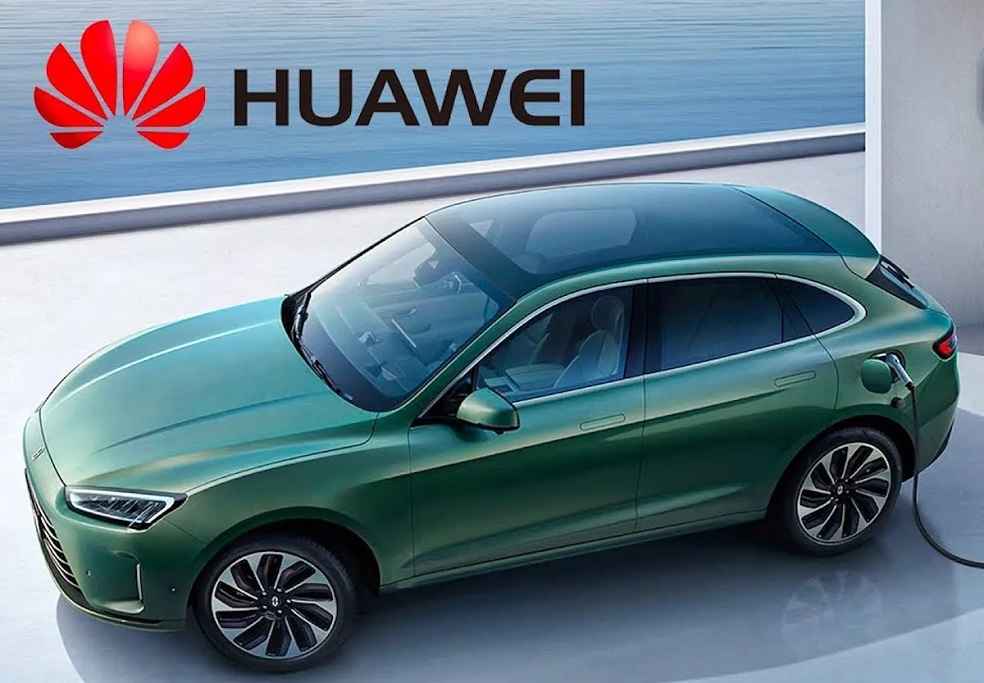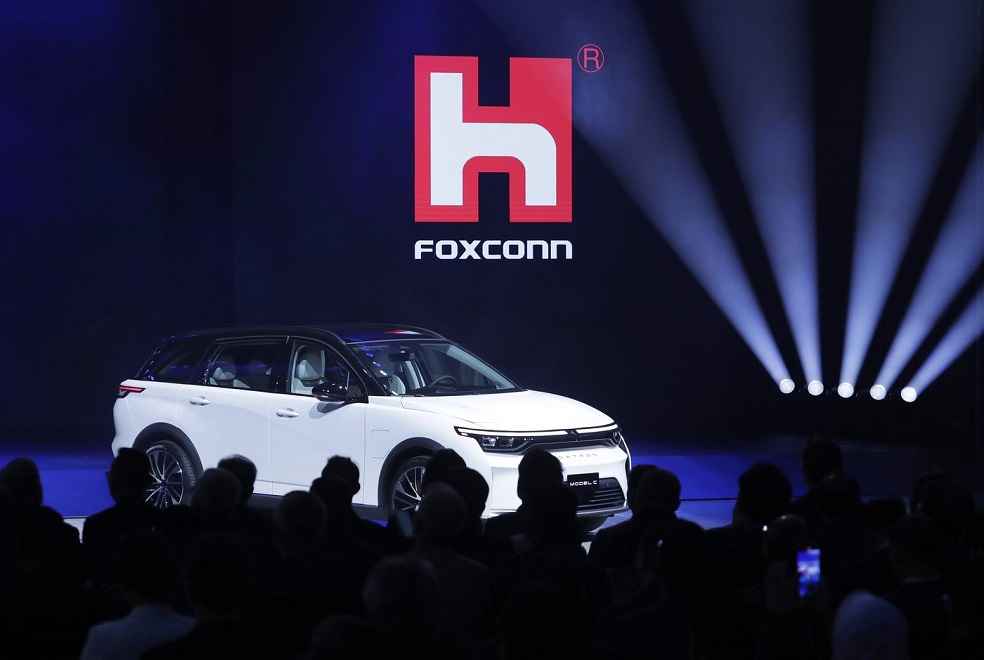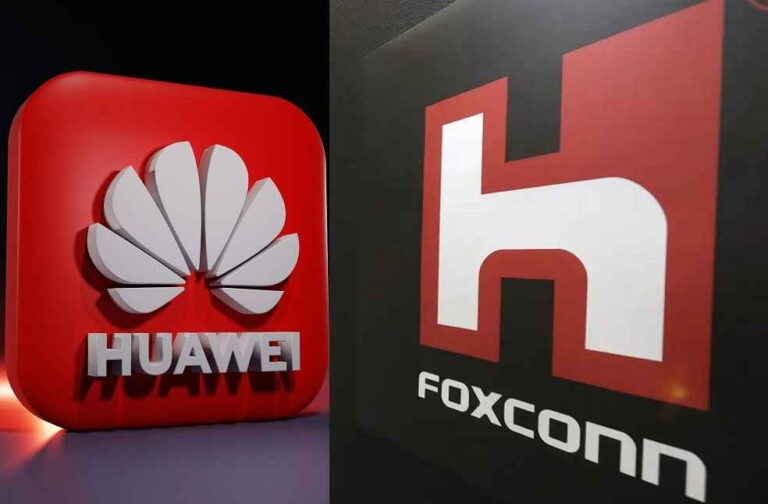Autoworld newcomers like Taiwan-based Foxconn and China’s Huawei Technologies are making bold moves to establish themselves in the electric vehicle (EV) sector, posing challenges to traditional automakers. Companies like Nissan and Honda are responding by exploring strategic alliances to compete in a rapidly transforming market.
Foxconn’s Ambitious Foray into EVs
Foxconn, widely known for its expertise in electronics manufacturing, has been leveraging its technological prowess to carve a niche in the automotive world. Through its joint venture with Taiwan’s Yulon Motor Co., named Foxtron, the company recently showcased its EV capabilities with models like the sleek Model B hatchback at the Consumer Electronics Show in Las Vegas.
The company aims to produce four out of every ten EVs globally in the future, supported by investments totaling nearly $1.3 billion in auto-related ventures over the past decade. Foxconn’s collaborations include partnerships with Stellantis for designing automotive semiconductors, ZF Friedrichshafen for chassis manufacturing, and Blue Solutions for solid-state batteries. The company has also made strides in advanced vehicle design, working with Italian auto designer Pininfarina and commercialising cutting-edge technologies like a road sensing system developed at MIT.
Huawei’s Rising Influence in the EV Sector
Huawei, a prominent technology player, has entered the EV market with multiple joint ventures under its Harmony Intelligent Mobility Alliance. These include collaborations with brands like Chery Automobile and Seres Group, producing models under the Luxeed and Aito brands. The company’s joint venture with JAC Motor aims to compete in the luxury segment against established players such as Rolls-Royce and Mercedes-Benz.

The Competitive Landscape
The influx of tech-driven companies into the EV market is redefining the industry, with connectivity between vehicles and other electronic devices becoming a key selling point. In addition to Foxconn and Huawei, other tech giants such as Xiaomi, Alibaba, and Baidu are also ramping up their EV operations.
Traditional automakers, meanwhile, are facing mounting pressure. Nissan, once a pioneer in EVs with its Leaf model, is exploring strategies to maintain its foothold. While Nissan has denied any direct merger talks with Foxconn, reports indicate heightened competition as companies vie for dominance in this evolving space.
Challenges in a Crowded Market
Despite its ambitious plans, Foxconn has encountered significant challenges. Its venture to produce the Endurance EV truck through the acquisition of a former General Motors plant in Lordstown, Ohio, faced setbacks when its partner, Lordstown Motors, filed for bankruptcy. Similarly, a partnership with Fisker Inc. to manufacture EV trucks faltered when Fisker filed for bankruptcy protection.
Nevertheless, Foxconn remains undeterred. The company’s EV lineup includes various models such as the Model T bus, Model V pickup truck, and the luxury Model E sedan, underscoring its commitment to becoming a major player in the sector.

The Road Ahead
As the global shift to electrification accelerates, autoworld newcomers like Foxconn and Huawei are positioning themselves to challenge traditional automakers and established EV leaders such as Tesla and BYD. However, the road to dominance will require overcoming hurdles such as market saturation, affordability concerns, and technological advancements. The competition is fierce, but these tech giants are determined to leave a lasting impact on the future of mobility.
OBSERVATION | Tesla Australia Faces 17% Sales Decline in 2024 Amid Price Reductions





